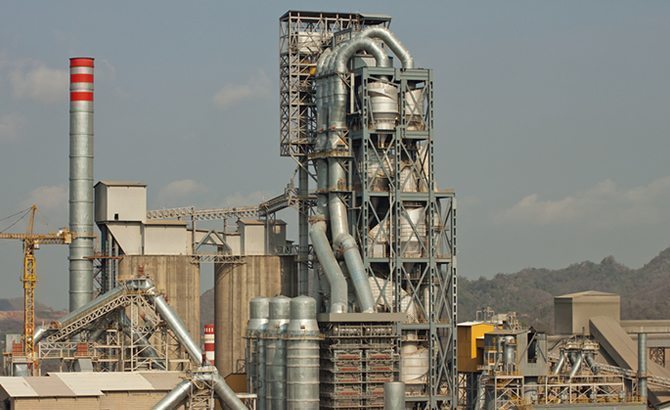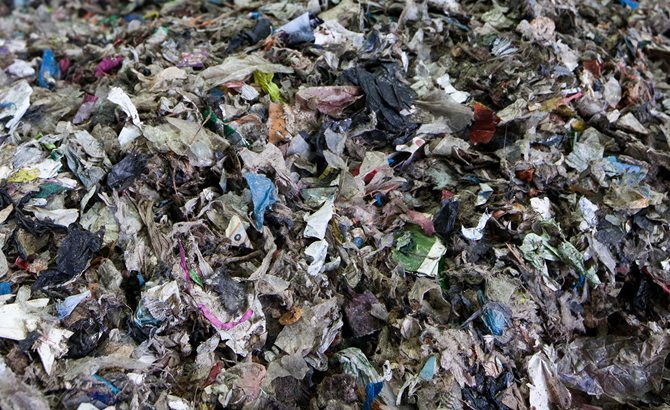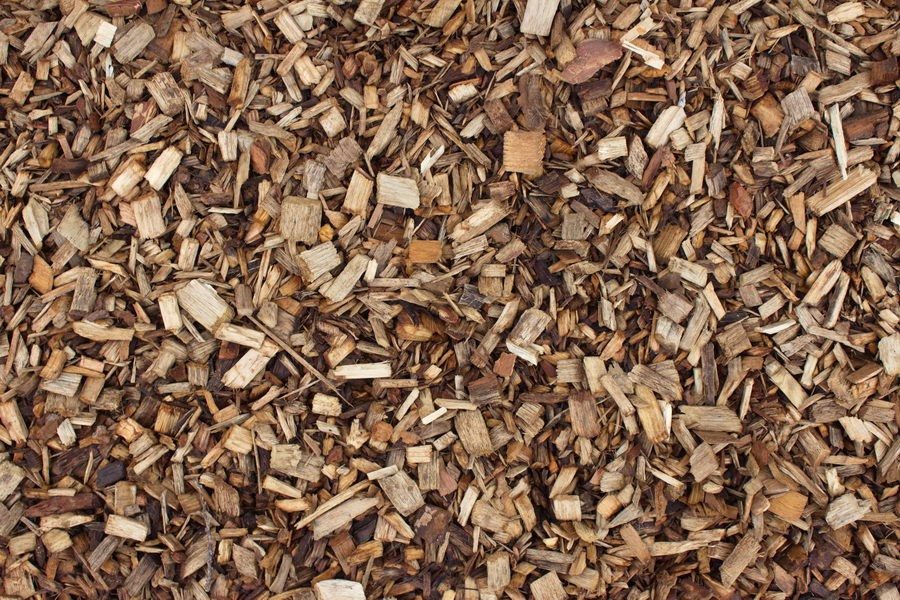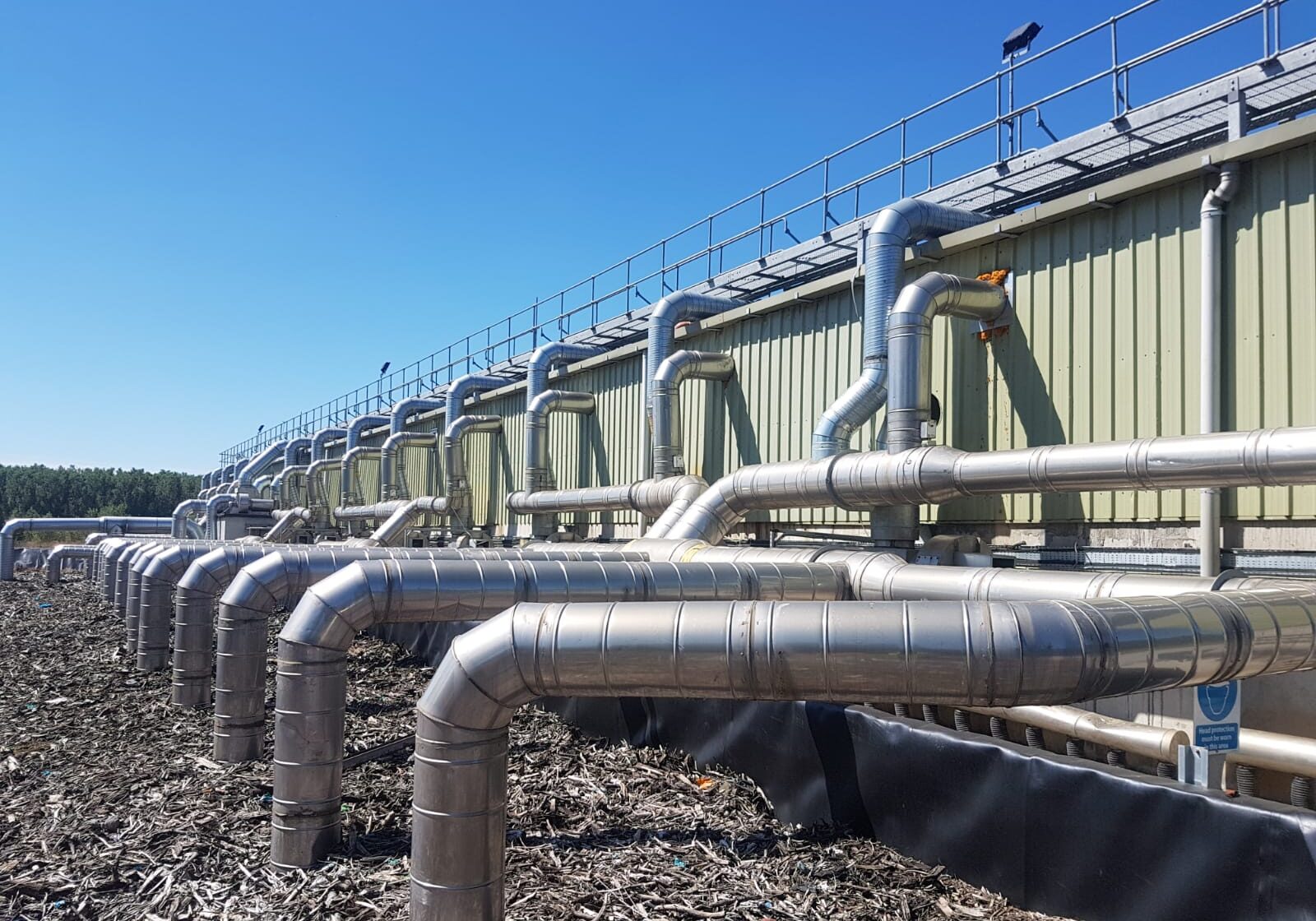
Irish Packing Recycling (IPR)
Originally trading under Smurfit Recycling, Beauparc acquired Irish Packing Recycling (IPR) in 2007. IPR’s services include the collection, sorting, baling and resale of multiple dry recyclable waste materials. Trading over 335,000 tonnes every year, IPR is now the largest trader of recycled fibre in Ireland. IPR won the Waste Recycling and Recovery Facility of the Year at the 2019 Repak Awards.
Irish Packaging Recycling operates out of three facilities in Dublin: IPR, Dublin 24 ; Cappagh, Finglas, Dublin 11; and MRF, Ballymount, Dublin 24.
Trading over 335,000
tonnes per year

Solid Recovered Fuel (SRF)
As part of our recycling and recovery services, we engage in Solid Recovered Fuel (SRF) processing. SRF is a system for creating fuel by shredding and dehydrating solid waste. It's a bespoke fuel used as a coal replacement as part of the cement efforts of the cement industry to reduce their carbon footrpint. We utilise our SRF system to create alternative fuel sources for cement kilns. Our Solid Fuel Recovery system produces enough fuel to eliminate the need for 100,000 tonnes of coal excavation every year.
At Beauparc, we know how damaging can be for the natural environment when waste is left to sit in landfills. That’s why, as part of our ‘Zero Landfill’ mission, we extract and resell fuel from our collected waste.

Refuse Derived Fuel (RDF)
At Beauparc, we’re also committed practitioners of Refuse Derived Fuel (RDF) processing. RDF is a type of fuel produced from various waste sources, such as industrial wastes, commercial wastes and municipal solid wastes. Every year, our refuse-derived fuel - along with our bio-gas extraction - produces enough electricity to supply over 160,000 homes.
Our use of SRF and RDF processing systems reflects our commitment to a ‘Zero Landfill’ mission. At Beauparc, we know how damaging it can be for the natural environment when waste is left to sit in landfills. That’s why, as part of our ‘Zero Landfill’ mission, we extract and resell fuel from our collected waste.

Wood Chip
Another element of Beauparc's ‘Zero Landfill’ mission is the process of sorting and recovering wood from other collected materials. What happens to the wood collected from skips is an excellent example of the so called circular economy in action. Wood waste is gathered in piles in the various skip depots and sent in bulk loads to Greenstar’s facility in Fassaroe. Here the wood is sorted and screened under a strict quality control programme, which includes the removal of plastics, wire, steel and aluminium. Suitable wood is shredded to make a high quality woodchip. The woodchip generated is then sent to a wood processor in county Cork. The wood processors manufacture composite wood blocks for use in wooden pallet manufacture and for use in other products.

Littleton Composting
Littleton Composting is the biggest in-vessel composting facility in the Republic of Ireland, processing 45,000 tonnes per annum. The facility accepts non-hazardous biodegradable wastes from which it produces Class 1 quality compost, a valuable soil improver.
The facility predominately accepts typical compost materials; from residential and commercial food waste, grass cuttings and smaller quantities of biodegradable residues, such as from food and drink manufacturing. Being centrally located, waste is delivered to the facility from Dublin, Cork, Waterford and Limerick as well as from local waste collectors operating in Tipperary.
This facility provides Beauparc with a secure and ethical outlet for the compost waste it collects which enables us to continue on our journey to sustainability while also contributing to the circular economy. Without facilities such as this one, government policy and EU legislation to reduce biodegradable wastes going to landfill could not be achieved.

